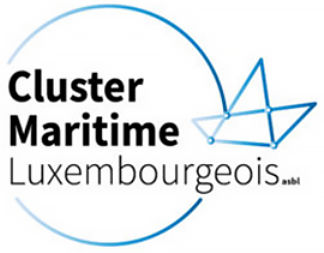Pillar 2 administrative guidance and new bill adopted: substance based carve-out for tangible assets
The second set of administrative guidance on the Global Anti-Base Erosion Model Rules (Pillar 2) (PDF, 1.5MB) was published on 17 July 2023 and includes guidance on the Substance Based Income Exclusion (SBIE). This guidance clarified some of the concerns related to the requirement that the tangible assets must be located in the jurisdiction of the constituent entity. Unfortunately, this clarification does not address the concerns that are typically relevant for shipping and offshore companies (that are not eligible to full application of shipping exemption), as the exemption only applies if an asset is used in the jurisdiction where the owner is based. The OECD announced that “further consideration will be given to a simplified allocation mechanism with respect to industries with a substantial portion of their employees and assets located outside of the jurisdiction for a substantial portion of the Fiscal Year.”
In Luxembourg, the guidance on the SBIE was included in the amended bill (n°8292) adopted by the Chamber of Deputies on 20 December 2023. Notably, the amendment of article 28 of the approved law introduces provisions from the July guidance dealing with location-related issues (e.g. employees working in multiple jurisdictions). The approved law also introduces the possibility of a Grand-ducal regulation to provide more details on the SBIE and the treatment of certain tangible assets (airplanes, ships and satellites, etc.) once additional guidance is issued by the OECD.
Moreover, the potential implementation of a marketable investment tax credit has also been addressed in the law. Any Luxembourg company subject to Pillar 2 rules might be able to benefit from a specific, negotiable and transferable tax credit thanks to a specific Grand-ducal regulation to be issued in the future.


